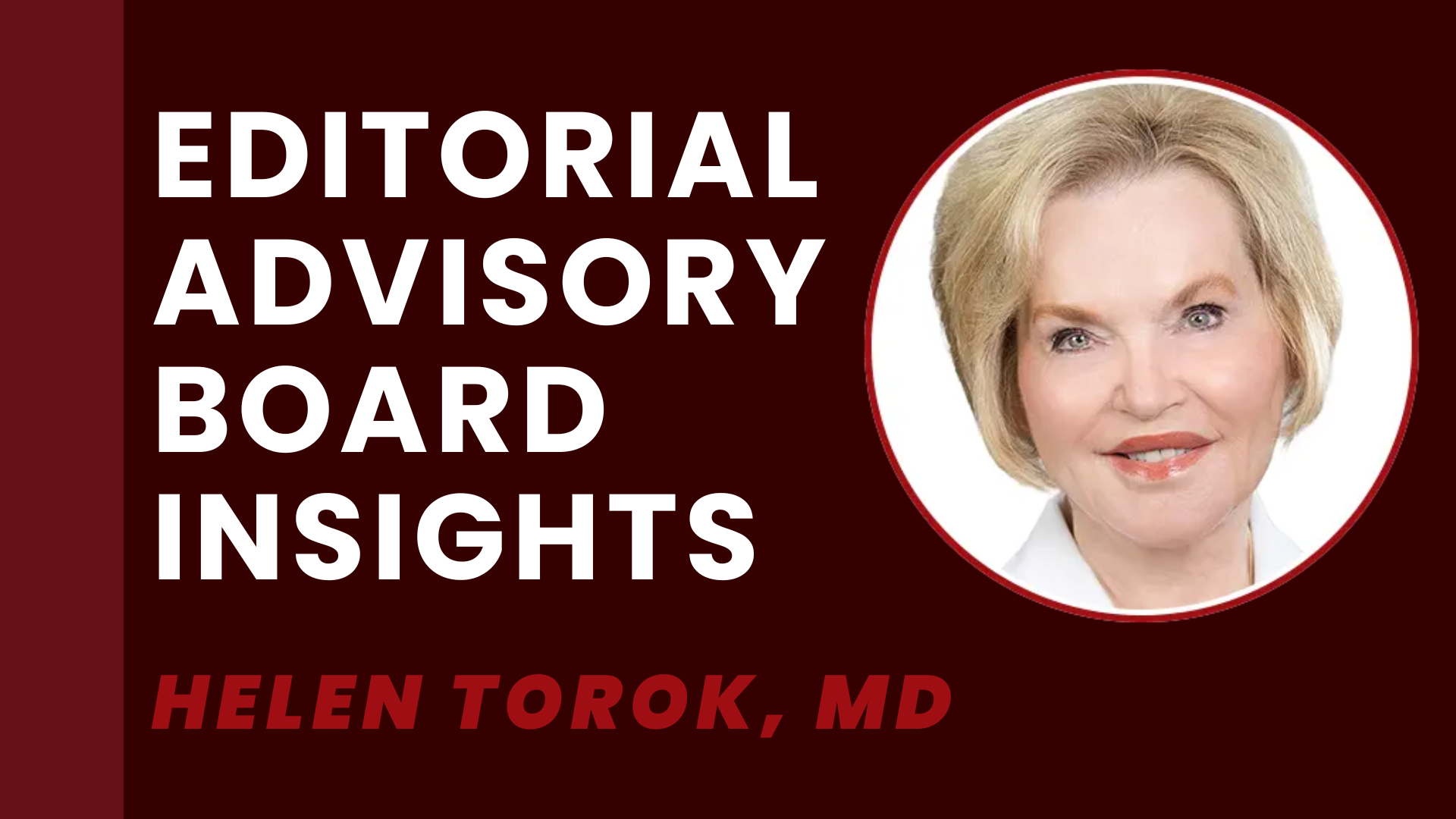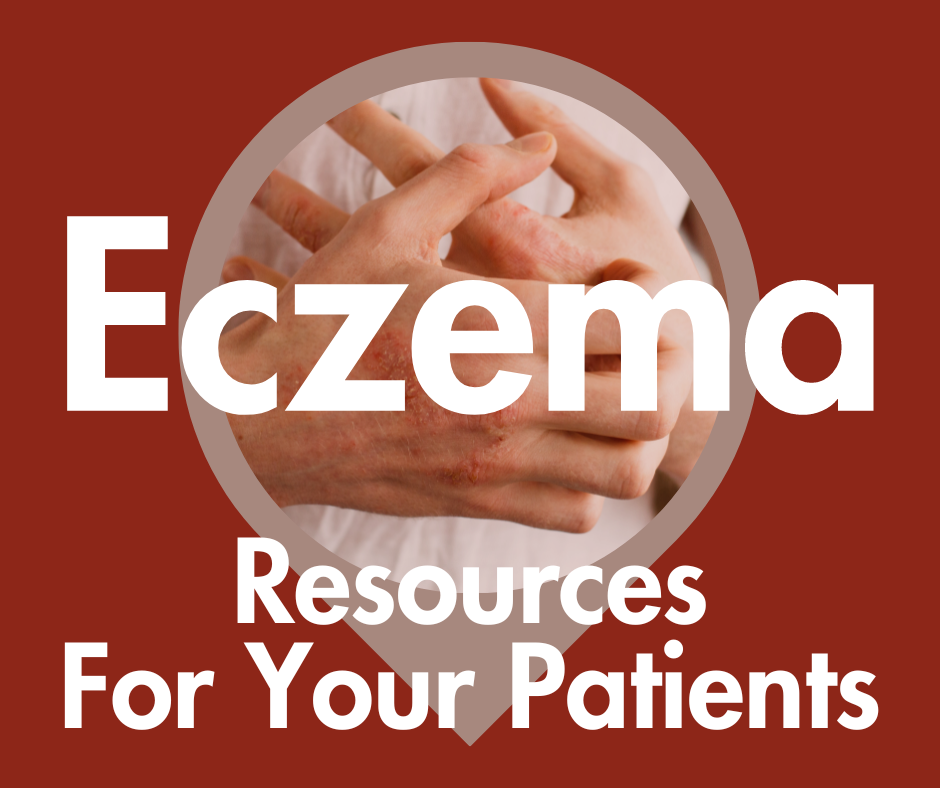- Case-Based Roundtable
- General Dermatology
- Eczema
- Chronic Hand Eczema
- Alopecia
- Aesthetics
- Vitiligo
- COVID-19
- Actinic Keratosis
- Precision Medicine and Biologics
- Rare Disease
- Wound Care
- Rosacea
- Psoriasis
- Psoriatic Arthritis
- Atopic Dermatitis
- Melasma
- NP and PA
- Skin Cancer
- Hidradenitis Suppurativa
- Drug Watch
- Pigmentary Disorders
- Acne
- Pediatric Dermatology
- Practice Management
- Prurigo Nodularis
- Buy-and-Bill
News
Article
Editorial Advisory Board Insights for Eczema Awareness Month: Helen Torok, MD
Author(s):
Helen Torok, MD, shares her atopic dermatitis insights.
Throughout National Eczema Awareness Month, Dermatology Times® will be featuring Q&As with the expert dermatology professionals who are a part of our Editorial Advisory Board.
Helen Torok, MD, of the Dermatology and Surgery Center at Trillium Creek, shares her insights into the evolving treatment and research landscapes of atopic dermatitis.

Dermatology Times: What emerging research or developments in the field of dermatology hold the most promise for improving the quality of life for patients with atopic dermatitis in the coming years?
Helen Torok, MD: The new oral treatments for children under 12 holds the most promise for our atopic patients. To offer oral options over injectables will be more acceptable to children as it obviously is less painful.
Dermatology Times: How can dermatologists better educate patients and their families about the chronic nature of atopic dermatitis and the importance of long-term management and prevention strategies?
Torok: By showing results and what is possible with the existing injectable biologics and the oral treatment in this disease we can educate families. Results speak volumes and will hold the attention of families to listen and get educated about atopic dermatitis.
Dermatology Times: What are some of your go-to treatment approaches for atopic dermatitis (orals, JAKs, topicals), and what therapeutic options do you reach for when initial treatment choices aren’t as affective?
Torok: The majority of patients have already been treated with topicals without much improvement and are very frustrated. So my go to treatment is dupilumab as it has a broad coverage as far as age and insurance. It has quick and has a predictable response. I also add emollients, skin care, and probiotics to their regimen.
Dermatology Times: Can you share your insights on the psychological and emotional impact of atopic dermatitis on patients, and how can dermatologists offer holistic support in addition to medical treatment?
Torok: Atopic dermatitis is a disease that to most patients has no end in sight. No end to itching, sleepless nights, infections, shame, and misery. When we received our medical degree, we took the Hippocratic oath to help our patients and to offer them hope, and provide them with the best current treatments for their diseases. And this is what we must offer holistically to our atopic patients.





